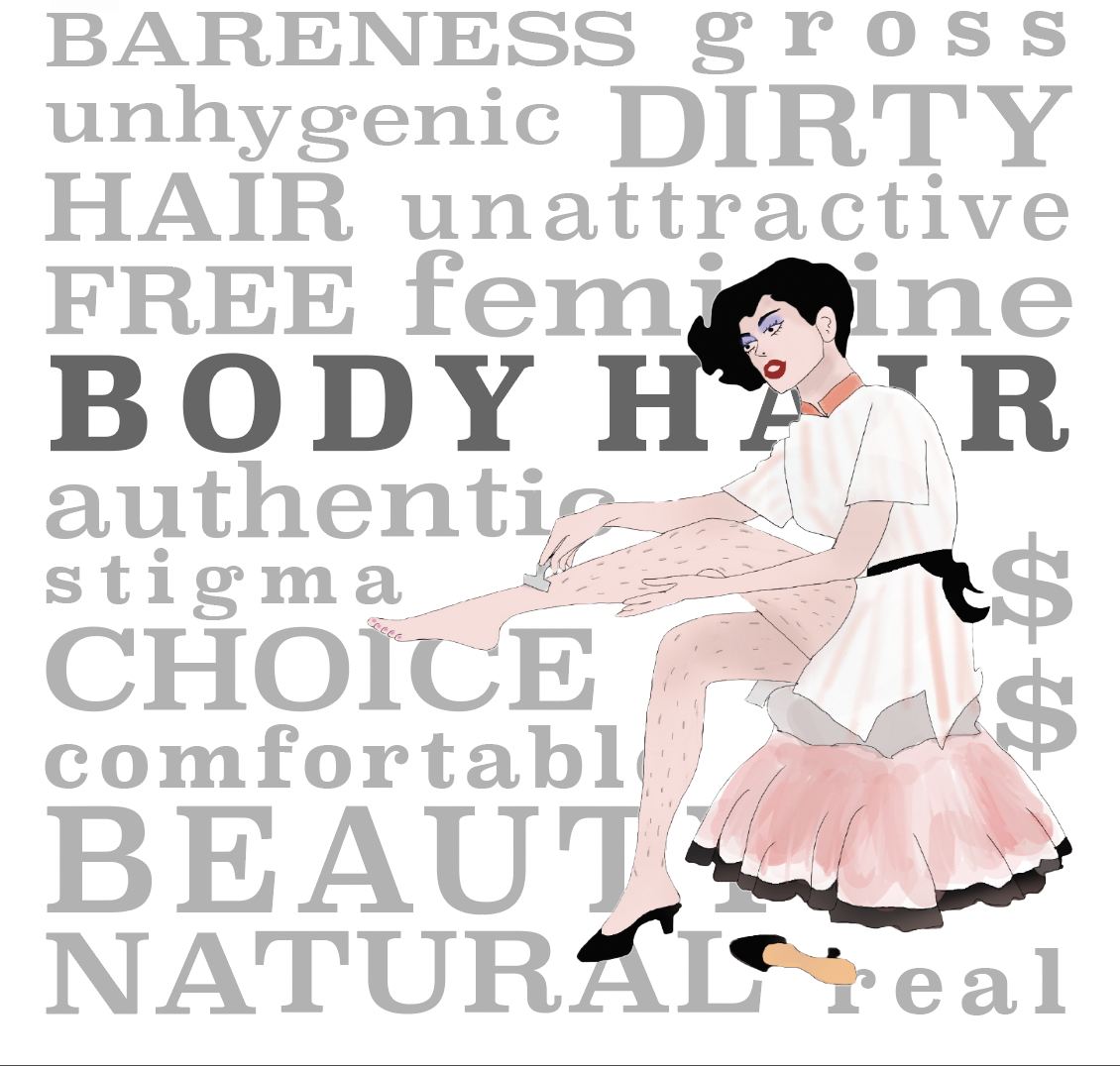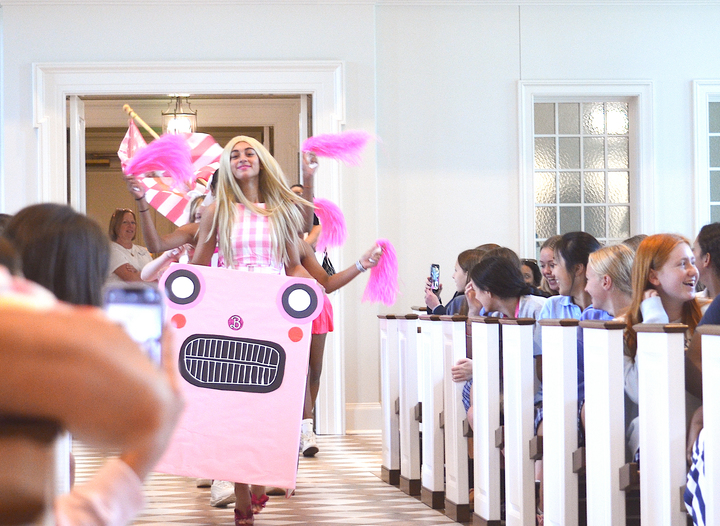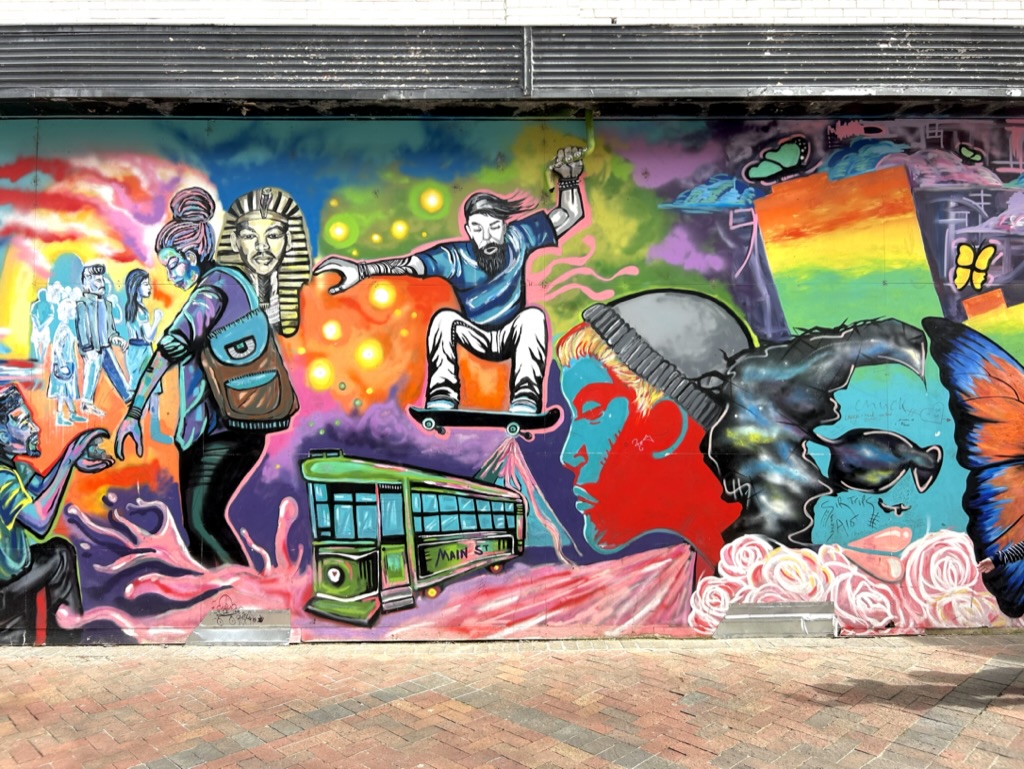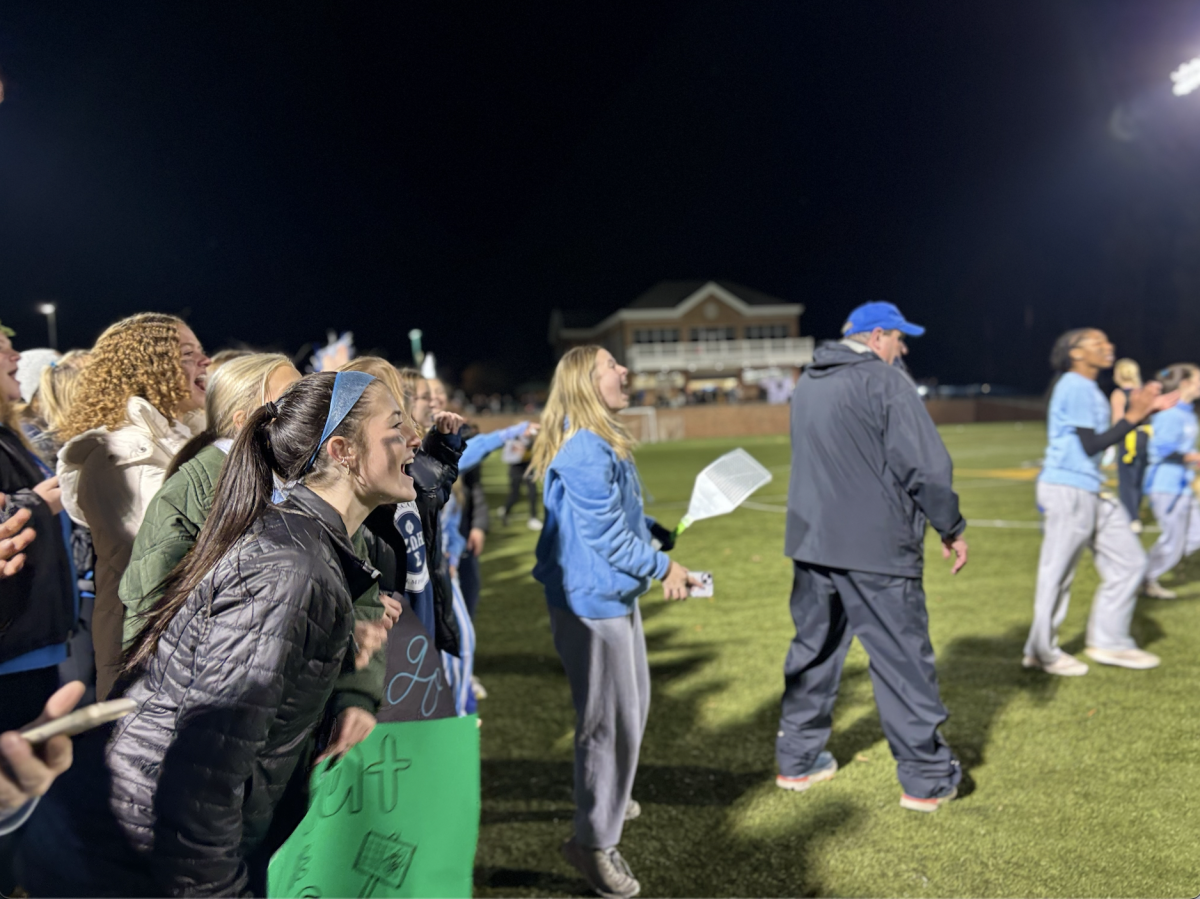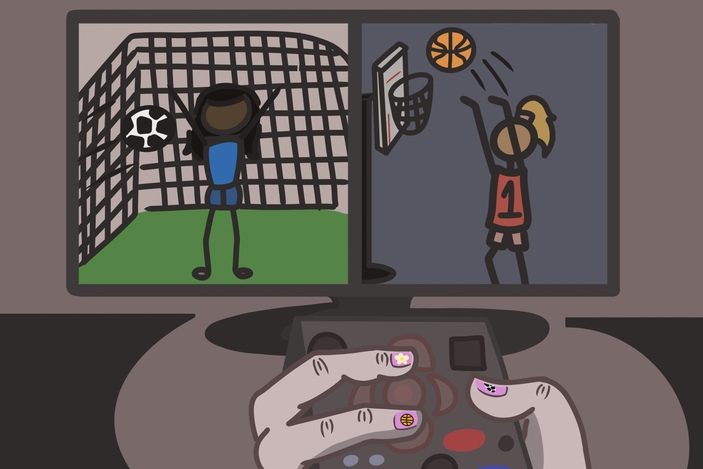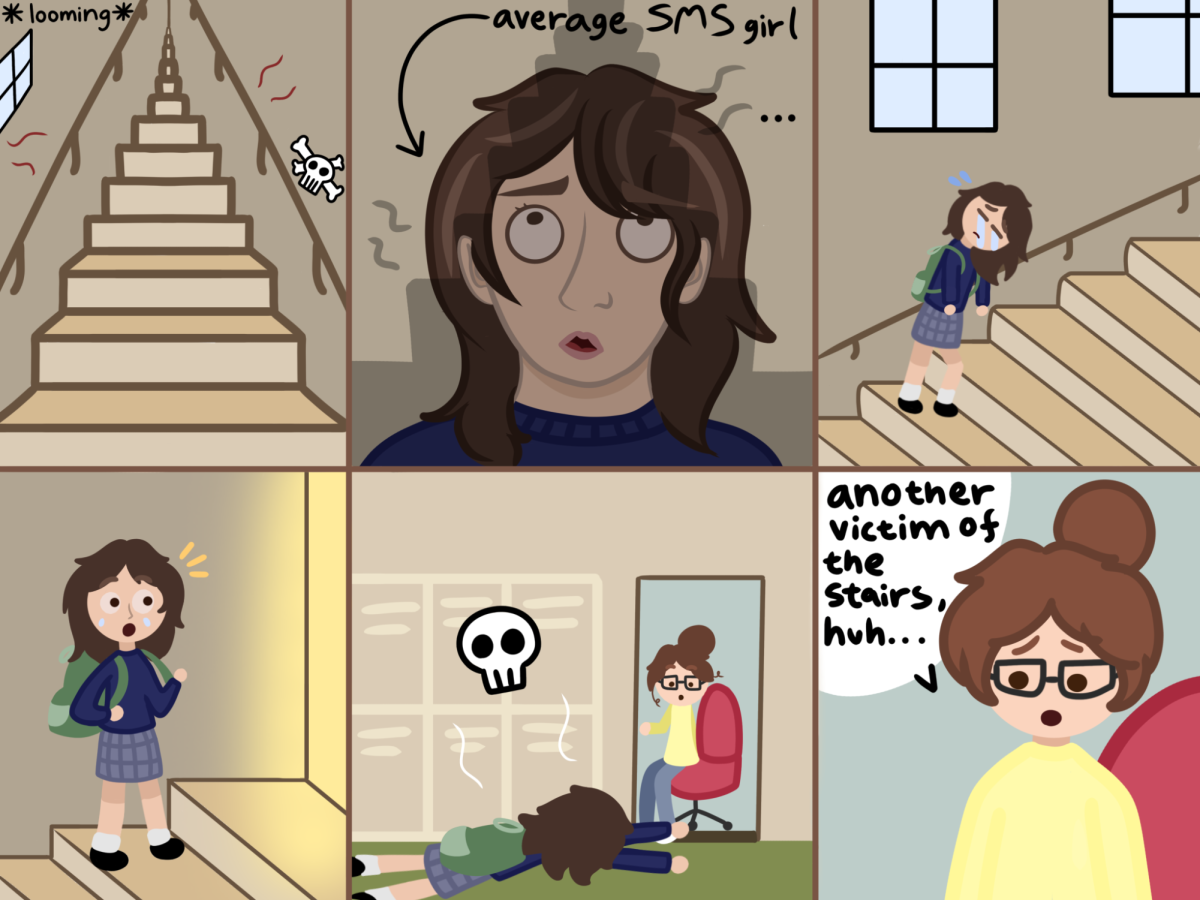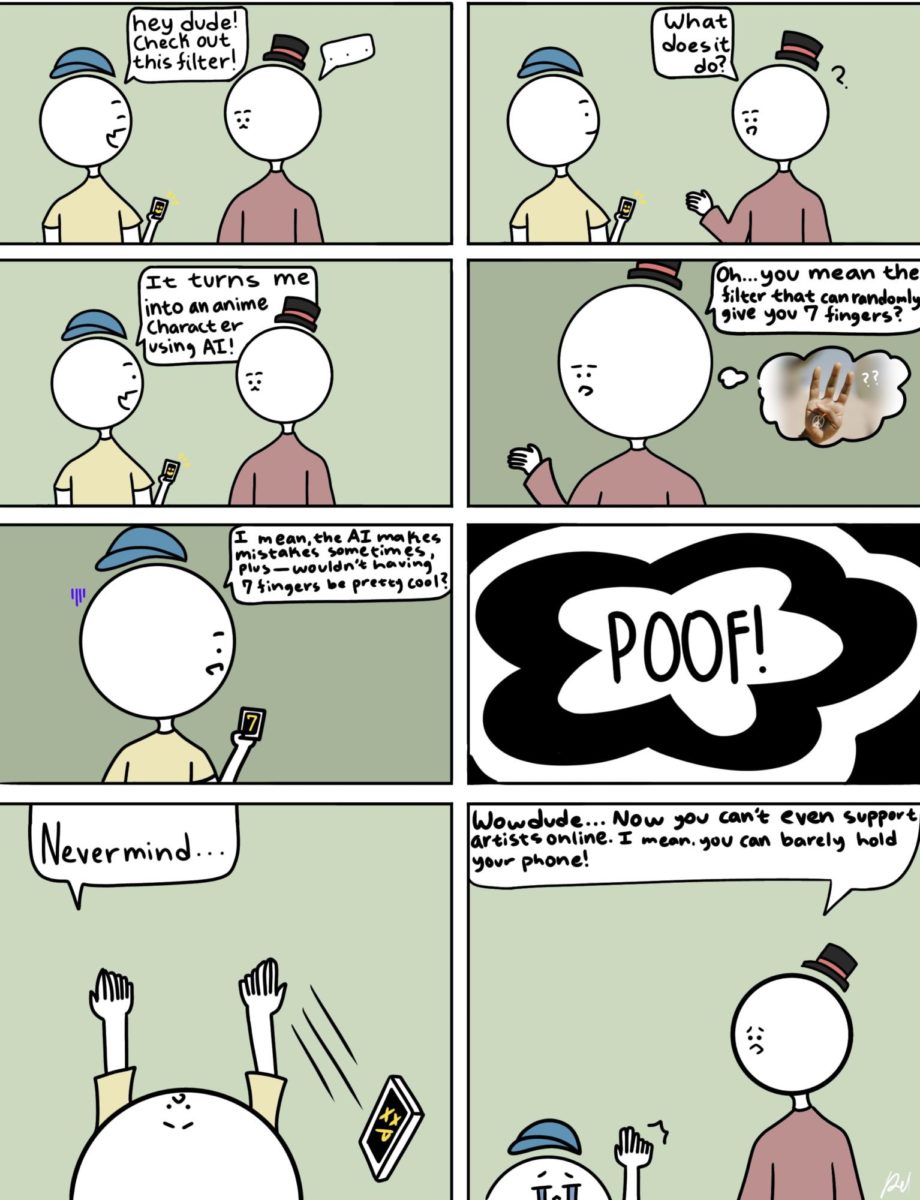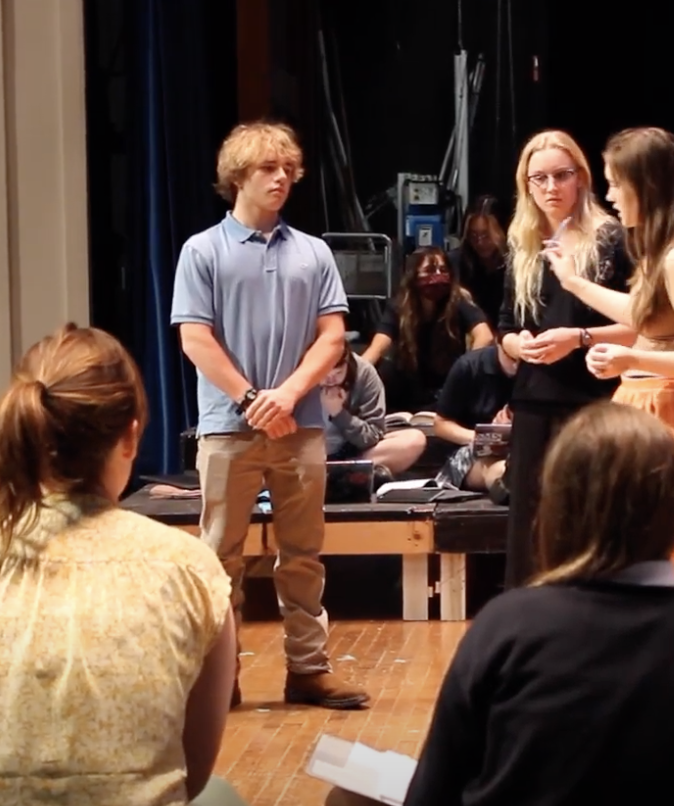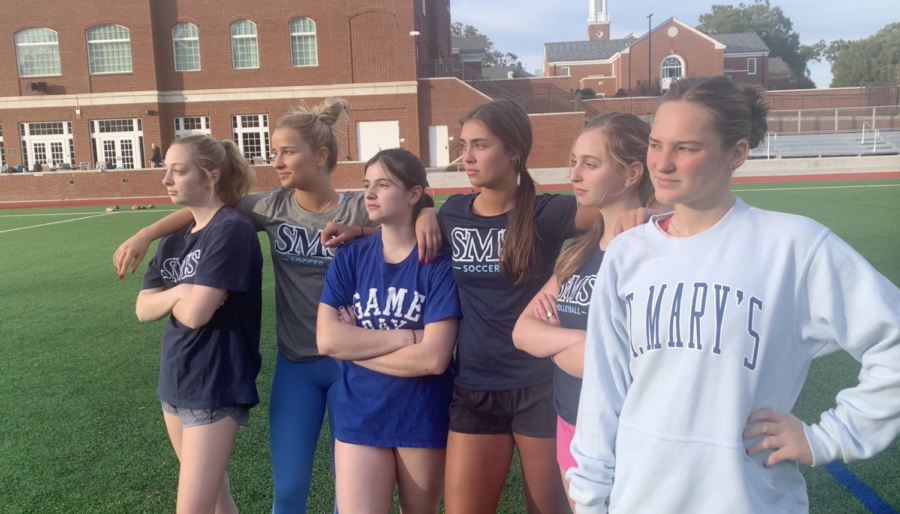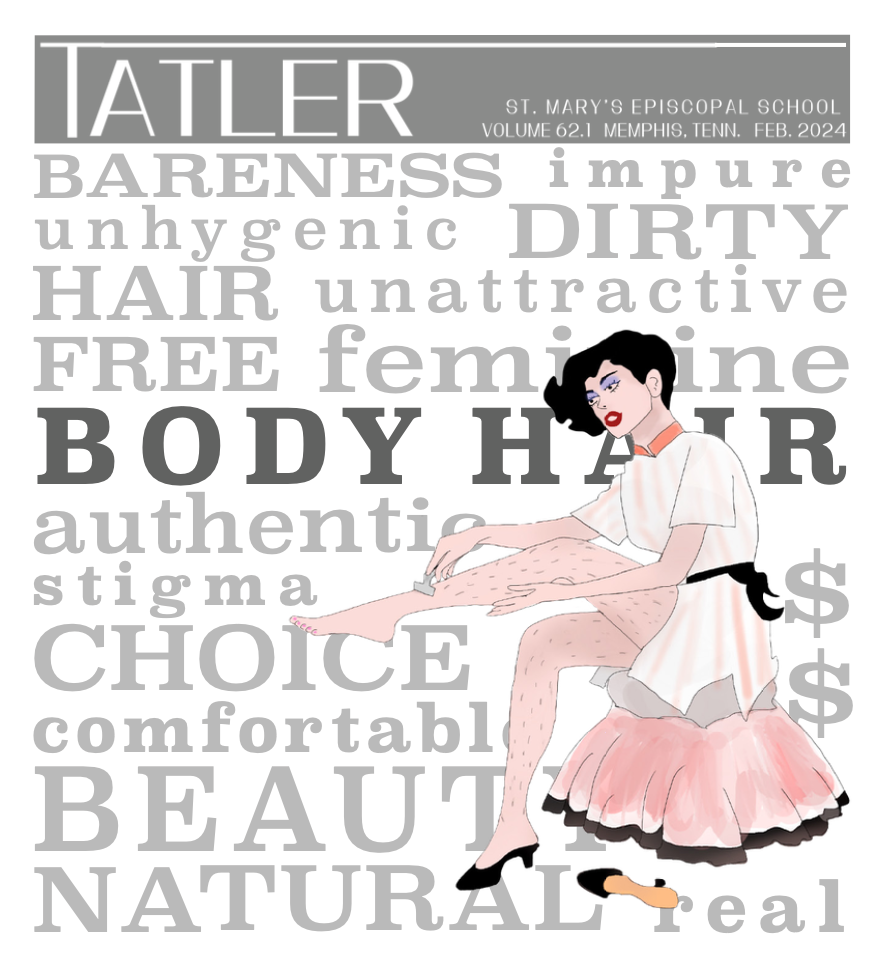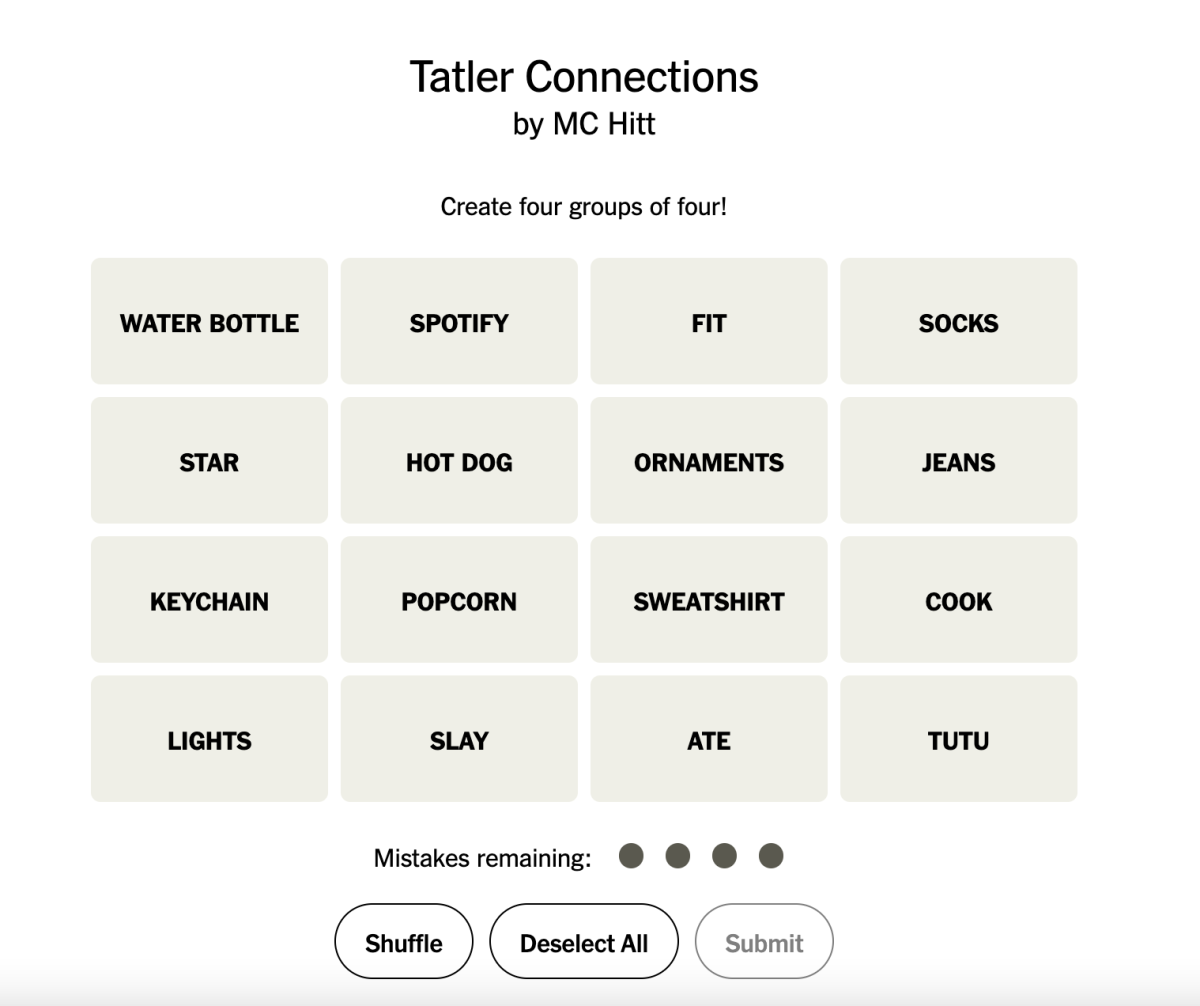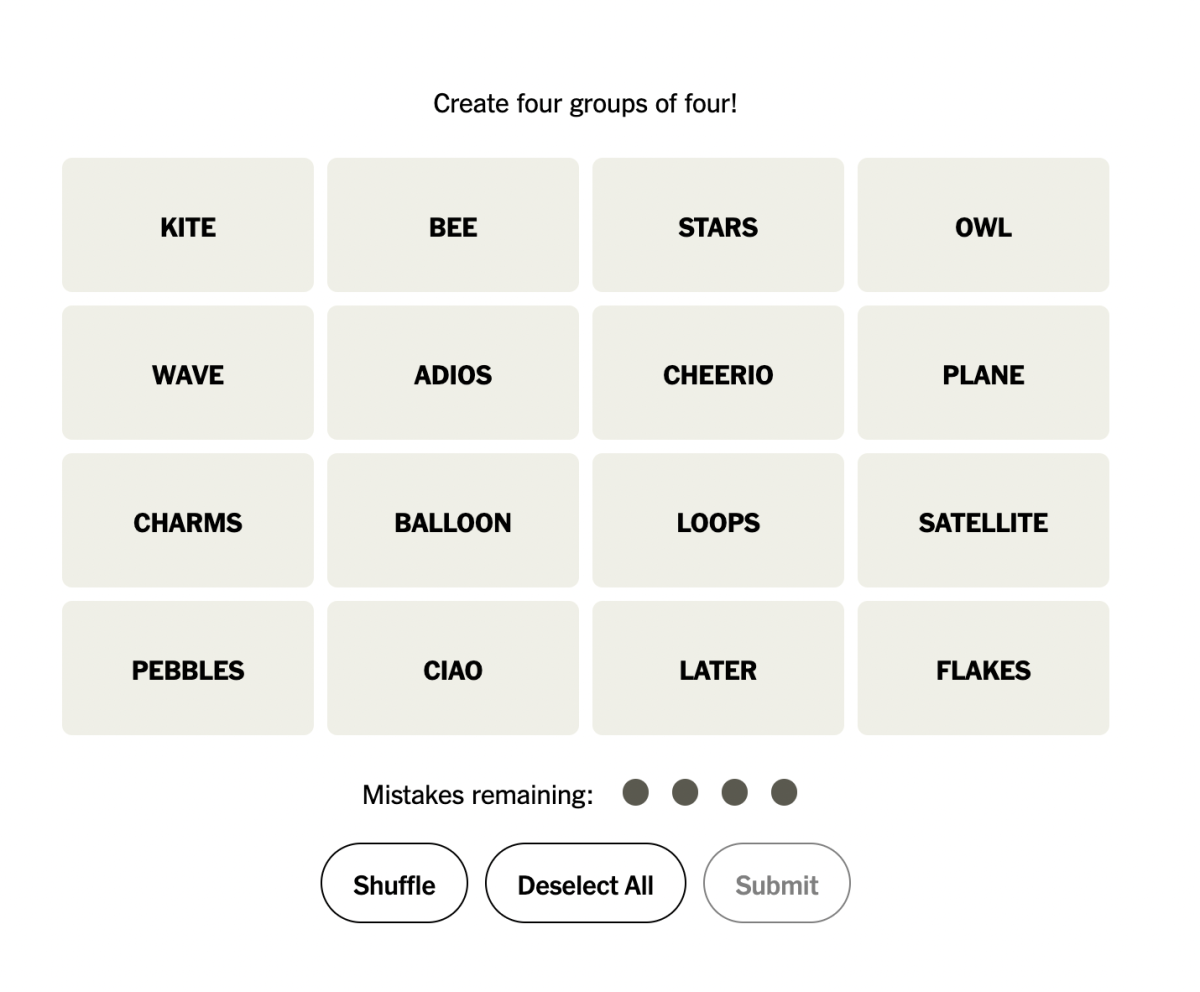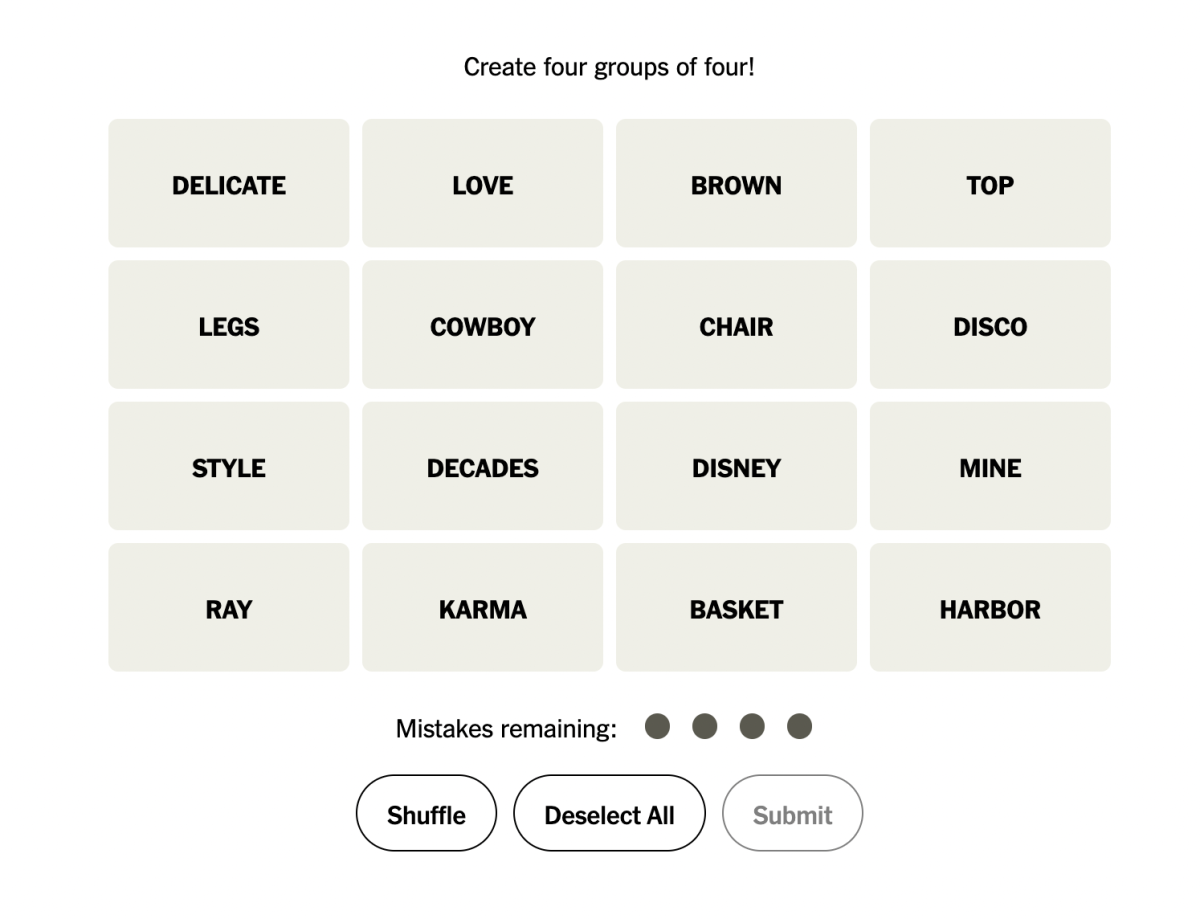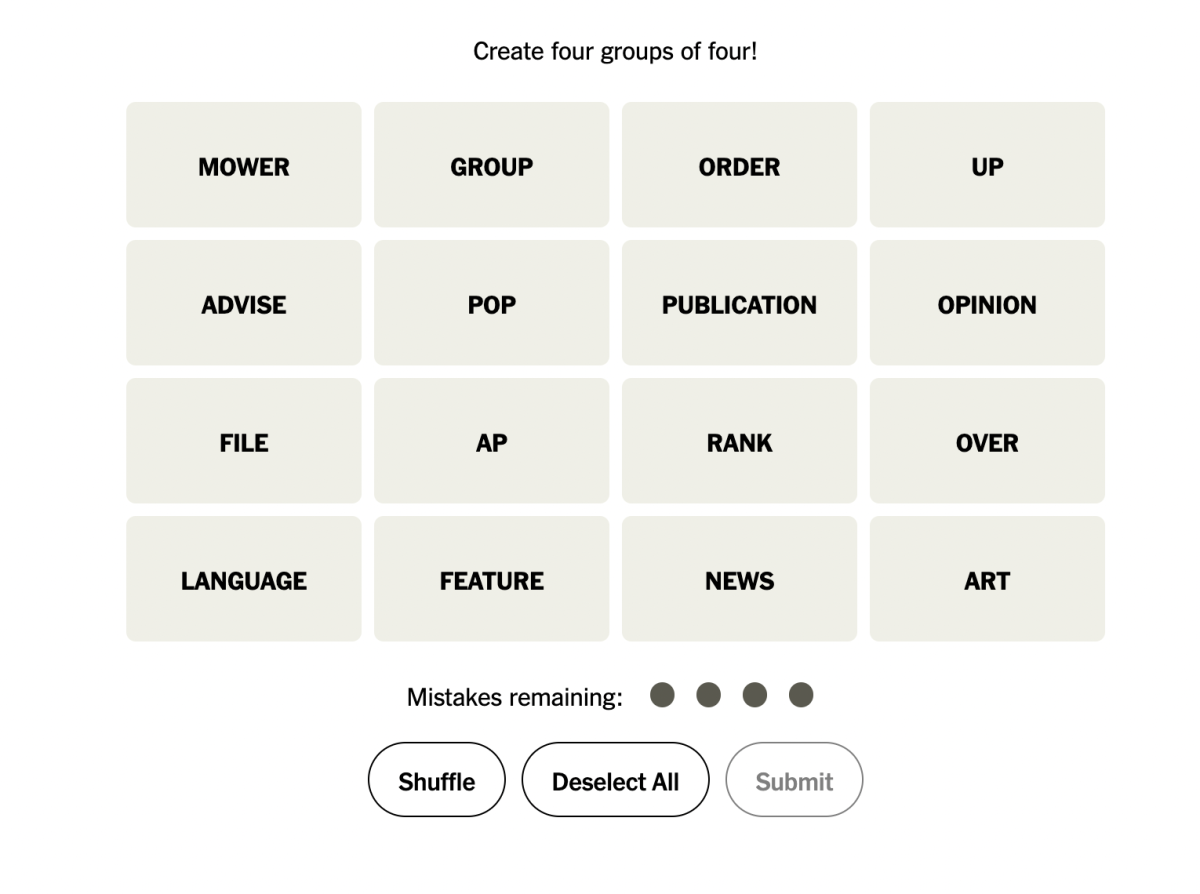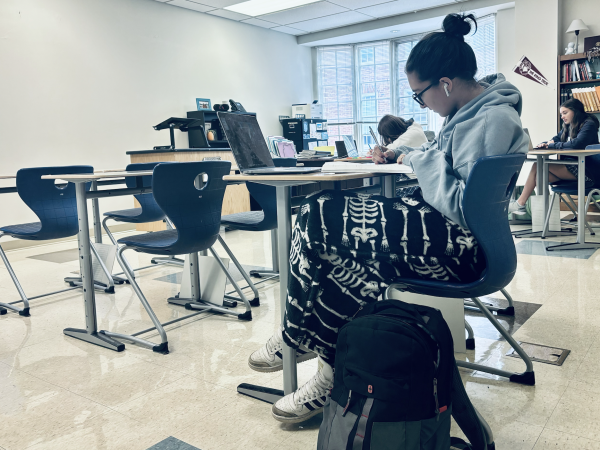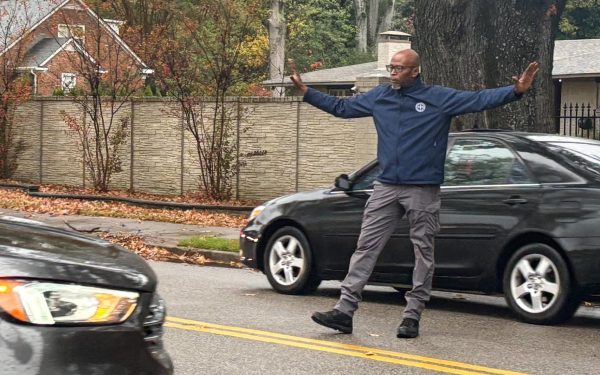You Snooze, You Lose
St. Mary’s girls trade shuteye for excellence
November 9, 2022
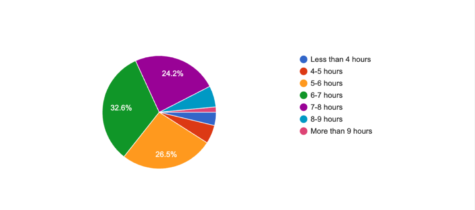
Getting enough sleep is a luxury most St. Mary’s girls can not afford. A recent poll from 132 St. Mary’s high school students revealed that only 7.6% of them get the eight to 10 hours of sleep recommended by the CDC.
On a typical school night, Rebecca Schweitzer (11) stays up past midnight doing homework, and exhaustion can make it hard to concentrate.
“I find it really hard to focus, especially when studying,” said Schweitzer.
Schweitzer sees other people at St. Mary’s using energy drinks like coffee, Celsius and Red Bull to stay wide awake.
“At St. Mary’s it is almost normalized, the lack of sleep,” Schweitzer said. “I think that a lot of people just accept that going to bed late is just part of academics here.”
It is especially difficult for student athletes, like Claire Chauhan (10), a member of the varsity swim team, to squeeze a good night’s sleep into their schedules.
“I get probably seven or seven and a half hours [of sleep], and I am the type of person that really relies on a lot of sleep, so it is kind of hard for me,” said Chauhan.
Chauhan actually falls on the better side of the spectrum. According to the Tatler’s sleep survey, the average St. Mary’s high school student gets about six and a half hours of sleep.
Schweitzer observes that students at other schools seem to get more sleep.
“My sister went to high school at Briarcrest,” she said. “I would see her every night on the phone talking to friends and getting to bed, like the night was free time.”
Sleep deprivation increases the risk of disease, mental health issues, injury and car accidents. It corresponds to a lower grade point average since it impairs cognitive function and memory consolidation, according to the National Library of Medicine.
In addition, most students do not reach their full potential when they are exhausted.
“I’m frequently not as engaged in class [when I have not slept enough],” said Chauhan.
Spanish teacher Ms. Sarah Kerst said she notices the effects that sleep deprivation has on her students.
“You can see it in their eyes and their appearance,” Kerst said. “Sometimes their brains really can not understand what is happening.”
Kerst hopes her students will choose rest over crash studying.
“You can study so much, but if you stay up until 4:00 in the morning and try to take a test, it is not going to work,” said Kerst. “The more important thing is that you get at least six or seven hours of sleep.”
The student poll revealed that 55.7% of students stay up because they need to complete their homework and prepare for assessments. Other factors that interfere with sleep include technology use
Schweitzer said she thinks that more could be done by St. Mary’s teachers to help students get enough sleep.
“I definitely feel like it could be accommodated for by talking about it with teachers. I think they could be lenient,” she said.
When she knows her students are busy, Kerst adjusts her schedule.
“I always try to take into consideration the events that you guys have and the extracurriculars and try to work around that,” said Kerst.
However, other classes are not as flexible.
“Different teachers will have different opinions around your work given at night,” she said. “Homework is as important as our tests, but I think we could do a better job of coordinating test days.”
Kerst thinks it is time to reconsider treating sleep like a nonnecessity. She said, “It is an active issue in our society, the idea of achievement over self care.”








